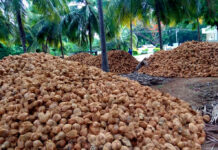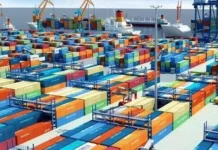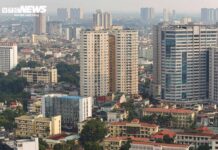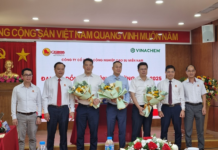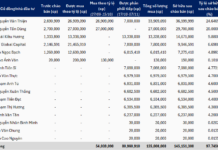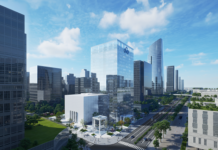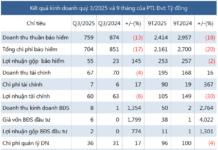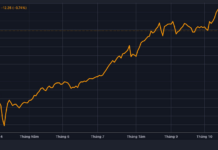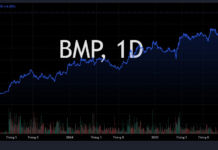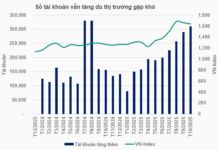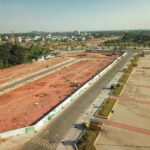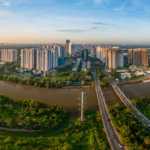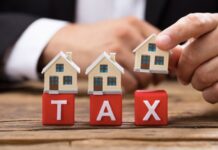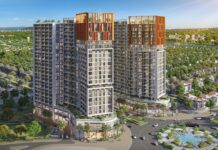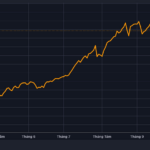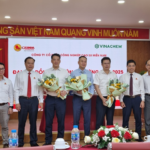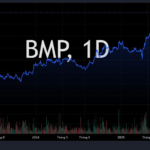The Ministry of Finance shared this information in a document sent to the National Assembly Delegation of Dong Nai province, in response to voters’ proposals in the province ahead of the 15th National Assembly’s 8th session.
According to the proposal, voters are concerned about the suggested tax on second properties. This has sparked mixed reactions from society.
Voters believe that property tax is just one of many measures to ensure the transparent and sustainable development of the property market. They suggest that it should not become a barrier to the market’s growth nor cause social discord.
The voters proposed that the Government research and formulate appropriate solutions to curb speculation while maintaining social harmony and a healthy property market.
In response, the Ministry of Finance affirmed that current laws define property as including land, houses, and other constructions attached to the land, as well as other assets as stipulated by law.
As part of its role in managing the ownership and usage of real estate, the State has imposed various charges related to real estate across three stages: establishing ownership or usage rights (land use fees, one-time land rent, and registration fees), real estate usage (taxes on non-agricultural and agricultural land use, annual land rent), and real estate transfer (corporate income tax, personal income tax, and value-added tax). However, charges during the usage stage have not been applied to houses.
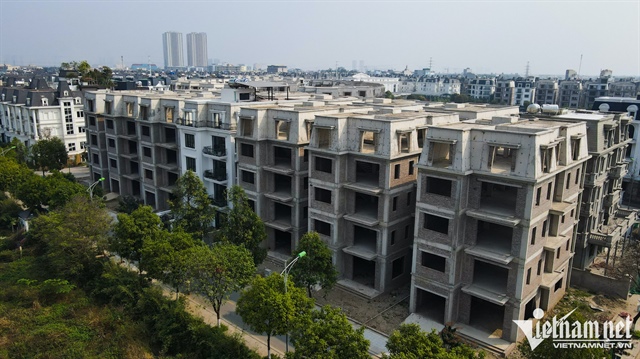
Abandoned luxury villas in Hanoi. Photo: Thach Thao |
“The Ministry of Finance is continuously studying and gathering international experiences to identify challenges and shortcomings in implementing tax policies related to real estate. We will report to the appropriate authorities at the right time, ensuring alignment with Vietnam’s socio-economic conditions, international practices, and the unity of the tax system, as part of the 2021-2030 tax policy reform,” the Ministry stated.
In September 2024, the Ministry of Construction, in a document sent to the Government Office reporting on real estate prices, stated that it would research and propose a tax policy for cases of ownership and usage of multiple houses and land to curb speculation and short-term buying and selling for profit.
In its third-quarter report on housing and the real estate market in 2024, the Ministry of Construction continued to propose to the Ministry of Finance to research and propose tax policies to curb speculation and short-term buying and selling for profit. They also suggested a tax on second homes and vacant properties.
These proposals come amid continuously rising real estate and housing prices throughout 2024.
In a report on the supervision of “the implementation of policies and laws on the management of the real estate market and the development of social housing from 2015 to the end of 2023,” the National Assembly’s supervision delegation assessed that, in 2022-2023, the real estate supply was much more limited compared to previous years. Property prices soared far beyond the income growth of the majority of the population.
In Hanoi and Ho Chi Minh City, there are no longer any apartment segments affordable for most people.
The delegation’s report also pointed out the market’s imbalance, with an excess of high-end, large-area, and expensive products but a lack of social and affordable housing options. Additionally, the average price of social housing is still too high for the target audience.
In the long term, the delegation also proposed the early completion of research and the submission of amendments and supplements to the new tax laws. They recommended higher tax rates for those using large land areas or owning multiple properties, as well as for those who leave land idle, to ensure alignment with innovations in land laws. This would also contribute to the redistribution of income and the mobilization of stable resources for the state budget, taking into account international practices and Vietnam’s socio-economic conditions.
Hong Khanh
– 10:30 01/10/2025
The Ultimate Profit-Making Avenue: Bitcoin’s Reign, Hanoi’s Apartment Frenzy, and the Lagging Stock Market
Digital currency reigns supreme over physical assets in 2024. In Vietnam, apartments in big cities, stocks, and gold bars pale in comparison to Bitcoin when it comes to returns.
The Future is Now: Sunrise Riverside Delivers Ahead of Schedule, Revolutionizing with Smart Office Accessibility
The final months of the year at Sunrise Riverside in South Saigon are bustling with excitement as residents eagerly anticipate the handover of their homes and pink books. This positive momentum has propelled the project’s value to new heights, solidifying its reputation as a shining star in the real estate market.
The Sky-High Price of Homes in Ho Chi Minh City: Are We Witnessing a New Record?
Over the past 11 months, Ho Chi Minh City has seen only four residential projects that meet the requirements for sales launch, offering a total of 1,611 homes and requiring a combined investment capital of VND 15,142 billion. For the first time, the luxury housing segment dominates the entire market supply.



